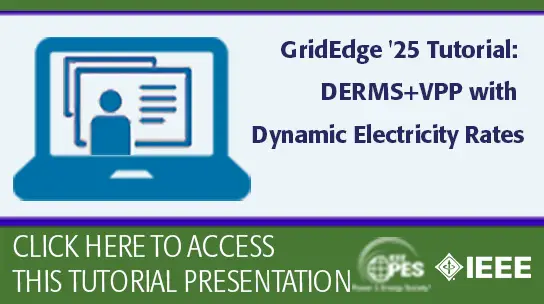Time-Stepped Finite-Element Modeling of Three-Phase Transformer for Electromagnetic Transient Emulation on FPGA
Qingjie Xu, Peng Liu, and Venkata Dinavahi
-
Members: FreePES
IEEE Members: Free
Non-members: FreePages/Slides: 9
03 Jun 2021
The finite-element analysis is a powerful method to obtain detailed insight into the operation of any electromagnetic equipment. However, the required computational power to solve a finite-element modeled power equipment is so heavy that most Newton-Raphson-method-based algorithms can barely achieve real-time simulation. The low latency and hardware parallelism of the field-programmable gate array (FPGA) provides a path forward. In this paper, a parallel and deeply pipelined adaptive transmission-line modeling method with preconditioned conjugate gradient solver is designed in hardware and implemented on two Xilinx® XCVU37P FPGAs for the finite-element modeling of a three-phase transformer. The accuracy of the transformer solver under both current-excited and voltage-excited conditions of the transformer was validated against the commercial FE simulation tool.


